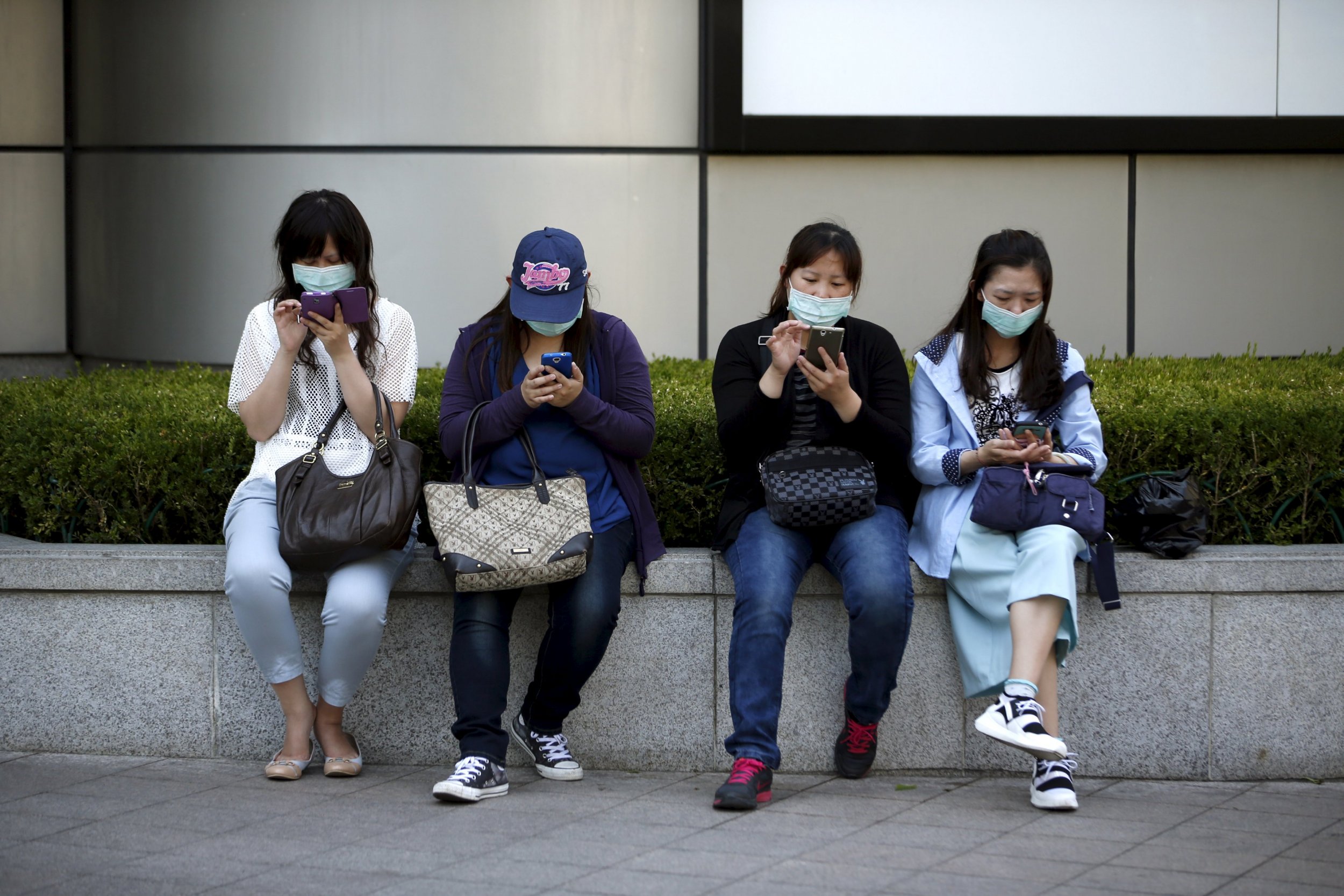
The spread of MERS in South Korea has caused the country to close down more than 230 primary schools in what the World Health Organization (WHO) is calling the largest outbreak of the disease outside of the Middle East.
MERS, or Middle East respiratory syndrome, first struck South Korea after a 68-year-old man traveled to Saudi Arabia, Qatar, the United Arab Emirates and Bahrain. He wasn't sick during his travels but fell ill upon returning home in early May, according to the WHO. New infections are being reported on a daily basis, and local residents have been stockpiling hand sanitizer and face masks, Australia's ABC News reports.
The organization is predicting more cases will occur in South Korea, particularly among those who had contact with the first patient, because transmissions occurred before adequate infection control practices were put in place. South Korean President Park Geun-hye convened an emergency meeting on MERS Wednesday and acknowledged there was "some inefficiency in the initial response, including the judgment on its contagiousness."
Since May 20, when the first case of MERS was reported in South Korea, 30 cases have been confirmed there, and two of those people have died, according to the WHO. Those cases include health care workers, family members and those who shared a hospital room with the initial patient. "Aggressive contact tracing" has been in place since the first case was reported in South Korea, and 1,369 people are being followed either in quarantine, in isolation at home or in state-run facilities, according to the WHO.
More than 1,170 cases of MERS have been identified in 25 countries since 2012, the WHO says. Over the past three years, Saudi Arabia has had the largest number of reported cases, between 501 and 1,010. MERS, which is in the same family of illnesses as the common cold and severe acute respiratory syndrome, or SARS, is not known to be easily transmitted, another reason why the disease has taken South Korea by surprise.
Uncommon Knowledge
Newsweek is committed to challenging conventional wisdom and finding connections in the search for common ground.
Newsweek is committed to challenging conventional wisdom and finding connections in the search for common ground.
About the writer
Before joining Newsweek, Lucy Westcott was an editorial fellow at The Wire. Previously a United Nations correspondent for the Inter ... Read more
To read how Newsweek uses AI as a newsroom tool, Click here.






